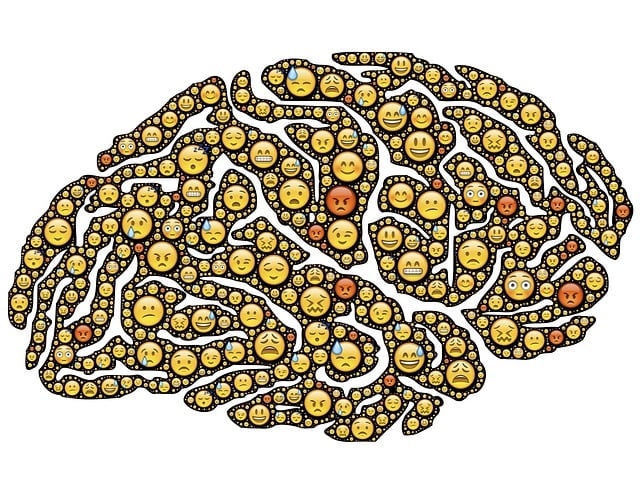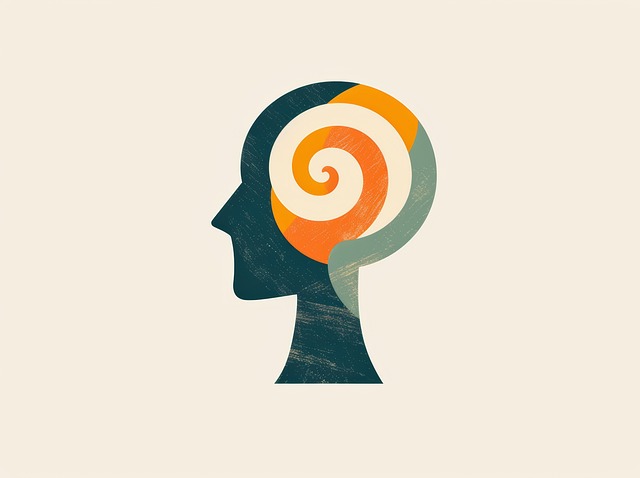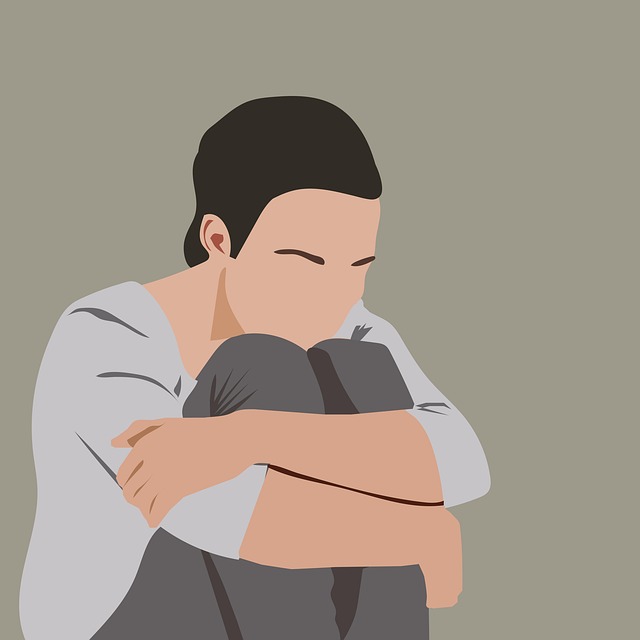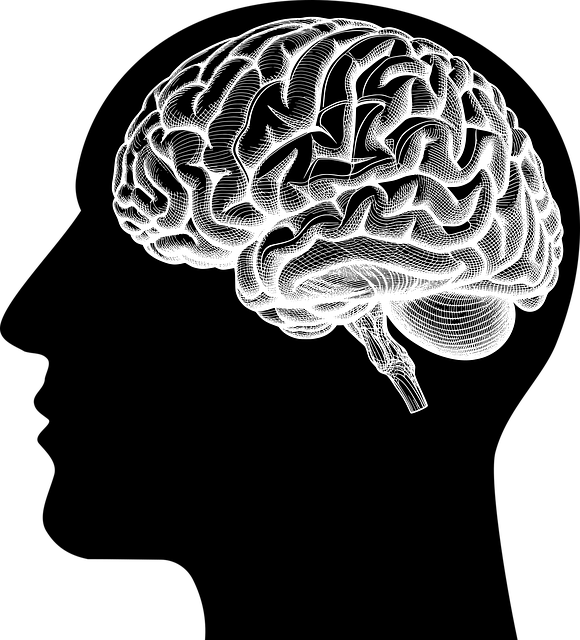Trauma profoundly impacts mental health globally, with Post-traumatic Stress Disorder (PTSD) a common consequence. For individuals with Superior Panic Disorder (SPD) and anxiety attacks, specialized therapy is vital. Effective therapies like CBT, EMDR, and mindfulness process traumatic memories and reduce symptoms. Community outreach programs extend these benefits to underserved communities. Recognizing SPD signs and accessing appropriate therapy empowers individuals to manage panic attacks through emotional regulation techniques. A multi-faceted support system combining psychotherapy, medication, and group support enhances recovery outcomes. Public awareness campaigns and education facilitate access to tailored mental health services, enabling individuals to regain control over their lives.
Trauma support services are vital in helping individuals cope with the profound effects of superior panic disorder and anxiety attacks. This comprehensive guide delves into understanding trauma, recognizing its subtle signs, and exploring effective therapy approaches. We discuss strategies for building a robust support system and provide practical tips for accessing available resources. By equipping readers with this knowledge, we aim to empower them in their journey towards healing and recovery from superior panic disorder and anxiety attacks.
- Understanding Trauma and Its Impact
- Identifying Signs of Superior Panic Disorder
- Effective Therapy Approaches for Anxiety Attacks
- Building a Comprehensive Support System
- Accessing and Navigating Available Resources
Understanding Trauma and Its Impact

Trauma is a profound and complex experience that can leave individuals with lasting effects on their mental and emotional well-being. It’s important to understand that trauma doesn’t discriminate; it can impact anyone, from war veterans to survivors of domestic violence or severe accidents. The immediate and long-term consequences are multifaceted, often manifesting as post-traumatic stress disorder (PTSD), which is characterized by persistent re-experiencing of the traumatic event through nightmares, flashbacks, and intense anxiety. For those grappling with superior panic disorder and anxiety attacks, trauma support services play a pivotal role in their journey towards recovery.
Effective therapy for trauma focuses on helping individuals process and make sense of their experiences, thereby reducing the intensity of associated symptoms. Superior Panic Disorder and Anxiety Attacks Therapy, as part of a comprehensive approach, can include techniques like cognitive-behavioral therapy (CBT), eye movement desensitization and reprocessing (EMDR), and mindfulness practices. These therapies not only help in managing anxiety and panic episodes but also foster resilience and healthy coping mechanisms. Moreover, Community Outreach Programs Implementation can extend these therapeutic benefits to underserved communities, promoting early intervention and preventing the escalation of issues like depression and stress management challenges often linked to trauma.
Identifying Signs of Superior Panic Disorder

Recognizing the signs of Superior Panic Disorder (SPD) is a crucial step in accessing appropriate trauma support services and Anxiety Attacks Therapy. Individuals struggling with SPD often experience intense, recurrent panic attacks that significantly impact their daily lives. These attacks are characterized by sudden and severe episodes of fear or discomfort, accompanied by physical symptoms such as rapid heartbeat, sweating, trembling, and shortness of breath. People with SPD might also have persistent concerns about having future panic attacks, which can lead to avoidance behaviors and a diminished quality of life.
Emotional Regulation and Emotional Intelligence play a significant role in managing SPD. Through therapy, individuals learn valuable Conflict Resolution Techniques to confront and challenge their fears. By understanding the triggers and patterns associated with panic attacks, they can develop healthier coping mechanisms. Anxiety Attacks Therapy focuses on empowering individuals to manage their symptoms effectively, enabling them to lead fulfilling lives free from the constant fear of panic episodes.
Effective Therapy Approaches for Anxiety Attacks

For individuals dealing with Superior Panic Disorder and Anxiety Attacks, various effective therapy approaches have proven successful in managing symptoms and improving overall well-being. Cognitive Behavioural Therapy (CBT) is a widely recognized method that focuses on identifying and changing negative thought patterns and behaviours contributing to anxiety. By challenging distorted beliefs and teaching relaxation techniques, CBT empowers individuals to confront and overcome their fears.
Mindfulness Meditation plays a crucial role in enhancing Mental Health Awareness, offering a powerful tool for managing anxiety attacks. This practice encourages individuals to stay present, focusing on the moment without judgment. Through regular meditation sessions, one can learn to recognize early signs of an impending attack, allowing them to employ coping strategies effectively. Public Awareness Campaigns Development further contributes to the broader understanding and support of those affected by anxiety disorders, fostering a more compassionate society.
Building a Comprehensive Support System

Building a comprehensive support system is essential to effectively addressing trauma and providing superior anxiety attacks therapy. This involves integrating various specialized services tailored to individual needs. For individuals suffering from disorders like Superior Panic Disorder, a multi-faceted approach combining psychotherapy, medication management, and group support can significantly enhance recovery outcomes. Emotional intelligence plays a crucial role in this process, as mental health professionals must possess the skills to understand and respond sensitively to clients’ unique experiences and triggers.
Risk management planning for mental health professionals is another vital component. This involves creating safe spaces where individuals can engage in emotional healing processes without fear of retraumatization. By combining evidence-based practices with a deep understanding of trauma dynamics, support systems can foster resilience and promote long-term well-being. Through such comprehensive interventions, individuals can learn to manage their symptoms effectively and regain control over their lives.
Accessing and Navigating Available Resources

Accessing support for trauma-related issues is a vital step towards healing and recovery. Individuals experiencing Superior Panic Disorder and Anxiety Attacks can find specialized therapy through various resources, tailored to their unique needs. Many organizations offer mental health services, including counseling, cognitive-behavioral therapy (CBT), and mindfulness practices, which have proven effective in managing anxiety disorders. By reaching out to these providers, individuals can begin navigating their journey towards a calmer mind.
Public Awareness Campaigns Development and Stress Management Workshops Organization play a significant role in spreading information about available support systems. These initiatives raise awareness about trauma-focused care, making it easier for those in need to identify and access suitable resources. With the right guidance, individuals can explore different therapy options, whether it’s traditional counseling or innovative coaching programs that promote mental wellness.
Trauma support services play a vital role in helping individuals navigate the challenges of superior panic disorder and anxiety attacks. By understanding trauma, identifying its signs, and employing effective therapy approaches, a comprehensive support system can be built to enhance recovery. Accessing available resources and navigating them effectively is key; with the right support, those affected can overcome these conditions and lead fulfilling lives.













